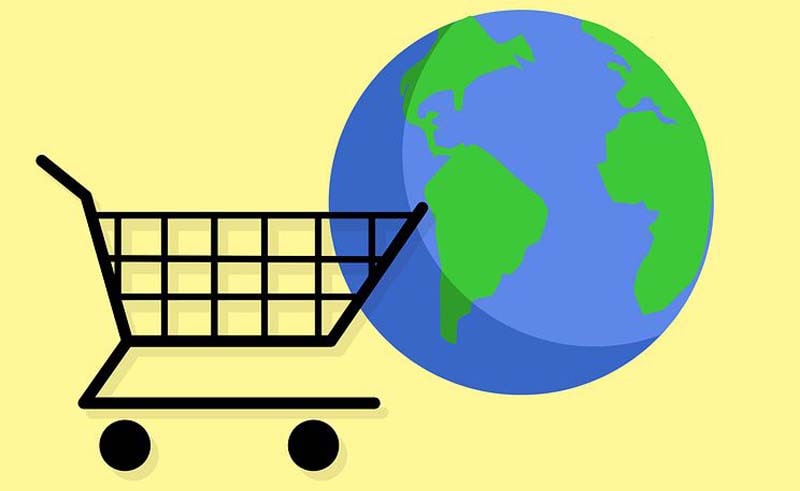Russia-Ukraine WAR impact on Global Market

The furious financial reaction triggered by the Russia-Ukraine crisis, with the former continuing its strikes on major Ukrainian cities with long convoys of Russian tanks and other vehicles, is seen across the world, not only on Russian President Vladimir Putin’s face.
According to various news sources, the protracted dispute might harm sectors that rely on the supply of raw materials, particularly industrial goods, as Russia suffers the weight of Western sanctions, several Russian banks have been cut off from the interbank payments system. SWIFT
Russia-Ukraine WAR impact on Global Market
These were some of the ways the escalating Putin assault on Ukraine might affect the global economy:

1. Transport
With global transportation already badly hampered by the epidemic, the conflict is expected to exacerbate the situation. Two modes of transportation that are likely to be affected include ocean cargo and rail freight.
While rail only transports a tiny percentage of overall freight between Asia and Europe, it has been critical during recent transportation bottlenecks and is slowly increasing. Sanctions in Russia are likely to have a substantial impact on rail traffic in countries like Lithuania.
2. Chain of distribution
Companies are trying to obtain enough raw materials and components to make items to fulfil growing client demand due to the world’s unexpectedly rapid rebound from the pandemic slump.
Shortages, transportation delays, and higher pricing have resulted from overcrowded industries, ports, and freight yards. Industries in Russia and Ukraine may be disrupted, delaying a return to normal.
3. International Oil Prices
Sunflower oil exports from Ukraine account for over half of all exports. Importers will struggle to replace supply if harvesting and processing in a war-torn Ukraine are hampered, or exports are halted.
With major supply interruptions looming in India, businesses have few alternatives except to contemplate raising prices of daily-consumed edible oils within weeks.
More than 70% of India’s crude edible oil demand is covered by imports, according to the country’s main edible oil producers. The figure is significantly greater for sunflower oil.
4. Energy
Many European nations rely significantly on Russian energy, notably gas, which is transported via several key pipelines. Even if the war is resolved, the heavy economic sanctions imposed on Russia may make importing gas extremely difficult for these countries.
Similarly, oil prices rose on Wednesday as supply bottlenecks grew as a result of Russian financial penalties, and traders hurried to find other crude sources in a market that was already tight.
Brent oil futures climbed more than $8 to a high of $113.02 a barrel, the most since June 2014, before dropping to $111.53, up to 56 or 6perper cents50 GMT.
WTI (West Texas Intermediate) oil futures in the United States also rose more than $8 a barrel, reaching their highest level since August 2013, before losing speed and trading up $6.39, or 6.2 per cent, to $109.80 a barrel.
5. Supplies of food
Ukraine and Russia account for 30% of global wheat exports, 19% of corn exports, and 80% of sunflower oil exports, all of which are utilised in food processing. According to the Associated Press, much of the Russian and Ukrainian windfall goes to poor, insecure nations like Yemen and Libya.
The danger to eastern Ukraine’s farms, as well as a halt to exports through Black Sea ports, could limit food supply at a time when prices are at their highest and several countries have been facing food shortages since 2011.
6. Automobile Industry
The war is expected to have a major impact on the automobile sector. The industry’s troubles are anticipated to be exacerbated by rising oil prices, a continuing lack of transistors and circuits, and other rare earth metal shortages. Aside from that, Ukraine is home to a slew of enterprises that produce automobile parts for manufacturers.
According to The Wall Street Journal, Leoni AG, which provides European automakers with wire systems built in Ukraine, has closed its two plants in the nation. As a result, Volkswagen AG had to close one of its German facilities.
“Ukraine is not crucial to our supply chain,” a Volkswagen spokesperson told the newspaper, “but suddenly we learned that when this item goes missing, it is.”



